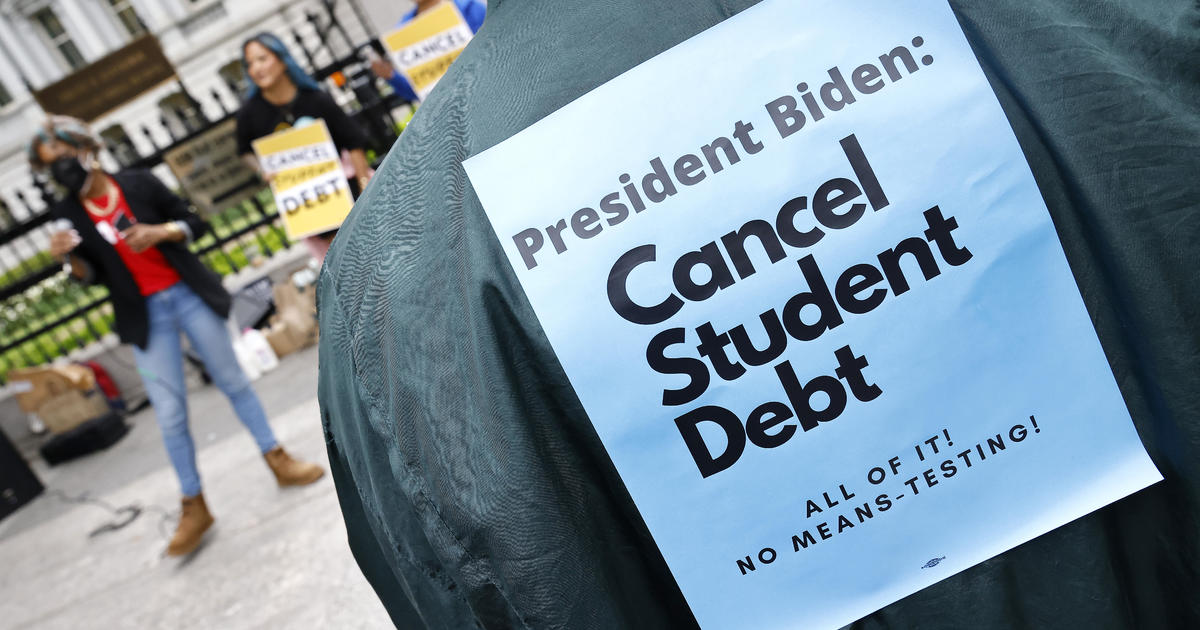
Attendees of 1 in 4 higher education programs earn less than high school grads, study finds
CBSN
Americans are increasingly skeptical of the value of a post-secondary education at a time when college attendance costs are soaring. In some cases, those doubts may be justified, according to a new analysis of earnings data from almost 4,000 colleges and other higher education programs.
A decade after enrolling, attendees of 1 in 4 higher education programs are earning less than the median annual income of $32,000 for high school graduates, according to The HEA Group, which analyzed data from the Department of Education to track the earnings outcomes of about five million students.
About 8% of institutions show their students' median income a decade after enrolling is less than $22,000 a year, or about 150% of the federal poverty line — low enough to qualify for some public assistance programs, The HEA Group found.

President Biden on Monday signed into law a defense bill that authorizes significant pay raises for junior enlisted service members, aims to counter China's growing power and boosts overall military spending to $895 billion despite his objections to language stripping coverage of transgender medical treatments for children in military families.

It's Christmas Eve, and Santa Claus is suiting up for his annual voyage from the North Pole to households around the world. In keeping with decades of tradition, the North American Aerospace Command, or NORAD, will once again track Santa's journey to deliver gifts to children before Christmas 2024, using an official map that's updated consistently to show where he is right now.

An anti-money laundering law called the Corporate Transparency Act, or CTA, appears to have been given new life after an appeals court on Monday determined its rules can be enforced as the case proceeds. The law requires small business owners to register with the Financial Crimes Enforcement Network, or FinCEN, by Jan. 1, or potentially pay fines of up to $10,000.








